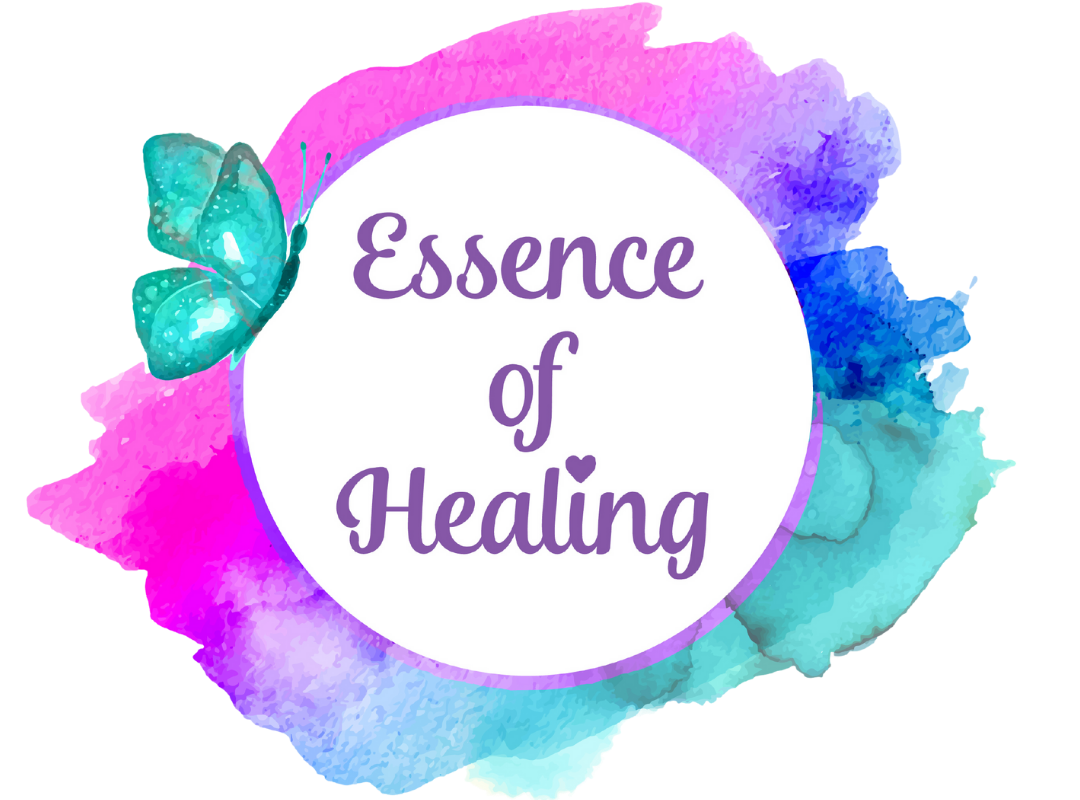The Kinky Myths We Just Don't Have Time For Anymore
Much like sex, curiosity is high, and information is low when it comes to kink and BDSM play. Opening up the lines of conversation to share knowledge, satisfy curiosity, and grow into our authenticity is essential. Many folx within the kink community, already face significant barriers that impact their relationship with sex and pleasure. The addition of shame around kink, where it isn’t needed, can amplify that pain and honestly- we really ain’t got time for that. Today, let’s take some time to dip into a greater understanding of alternative relationships and play, with a bit of myth-busting and truth-dropping about kink and BDSM.
While BDSM is not the same as kink, there is a common overlap between the alternative lifestyles and those who choose to explore each. The acronym itself stands for Bondage & Discipline (BD)/Dominance & Submission (Ds)/Sadism & Masochism (SM). Kink stands apart from BDSM as an umbrella term for many interests, desires, and needs within sex, relationships, and intimacy. BDSM fits neatly within that umbrella as a physical expression of those things. Today’s discussed myths are shared misconceptions across the entire kink spectrum.
Myth: Kink is just about sex
This couldn’t be further from the truth; but, it’s easy to understand how misinformation has led this myth to become so commonplace. For some people, kink is a lifestyle. For others, it’s an interest or a part-time indulgence. This varies from person to person and even between dynamics with the same person, but the universal nature of kink as a whole is that you can make it what you need it to be. In their most vulnerable and raw desires, many folx need sex. When you're vulnerable with someone, reaching deep into that realness to create the kind of safety you require in a well-negotiated scene, you’ll find more than just sex.
There are logistics in kink and a level of self-awareness that asks you to consider yourself as both a sexual being and an emotional one about the person you’re playing with. Whether the scene is a one-off sexual one or an emotional landscape for an ongoing relationship, there is no obligation for your kink to just be sex—or for it to be more.
Myth: You only enjoy BDSM if you’ve been abused
Perpetuated by a certain monochrome billionaire’s tragic childhood, this myth seems to have come about in a way that undermines the experience of a whole bunch of folx and a big ass body of research- just like this. Both kink and BDSM practices are overwhelmingly undertaken by mentally healthy individuals choosing to engage in a style of play that satisfies an interest or need. It’s that simple, and that complex.
BDSM is not abuse, and there is no correlation between the two. There is no 2-D template for the kind of person who may find themselves drawn to an alternate style of play. While some folx may have experienced abuse and then later choose to explore their processing through kink or BDSM play, there is no prerequisite of having experienced abuse.
Myth: Dominants have all the power, and submissives have none
Before power play ever occurs between new or negotiated partners, there’s a consensual power exchange. There is no balance skewed toward either partner in these moments, and that’s the way it should be. Dominants hold the power they are offered by a submissive, and a submissive retains the power to revoke that (or any part of it) at ANY time.
While power play is designed to skew the balance of control toward the dominant partner, this occurs as a surrender of sorts for the submissive. There isn’t force or coercion in power play, nor does anyone operate on assumption. Through negotiations and safe words, a dominant partner may obtain the level of power both (or all) parties agree on, but at no point in a healthy dynamic is that power assumed to belong to a dominant partner.
Intimacy is an evolving relational experience we have not just with ourselves but our partners as well. Whether you are exploring your interest in kink, affirming your identity, or trying to understand someone else's experiences, I want to offer you my gratitude for choosing to explore curiosity instead of assumption in this space.
Misinformation in vulnerable spaces, like kink, can harmour own identities, relationships, and ideas held within consensual and safe spaces for those who engage in them. By reducing stigma, dispelling myths, and seeking out the knowledge that you crave, you’re already doing meaningful work.
If you’re looking for a therapist who understands this part of you, don’t hesitate to reach out to me today! Even if the subject of our sessions is something different, it makes sense that you want to work with a therapist who is open and accepting of all of you.



